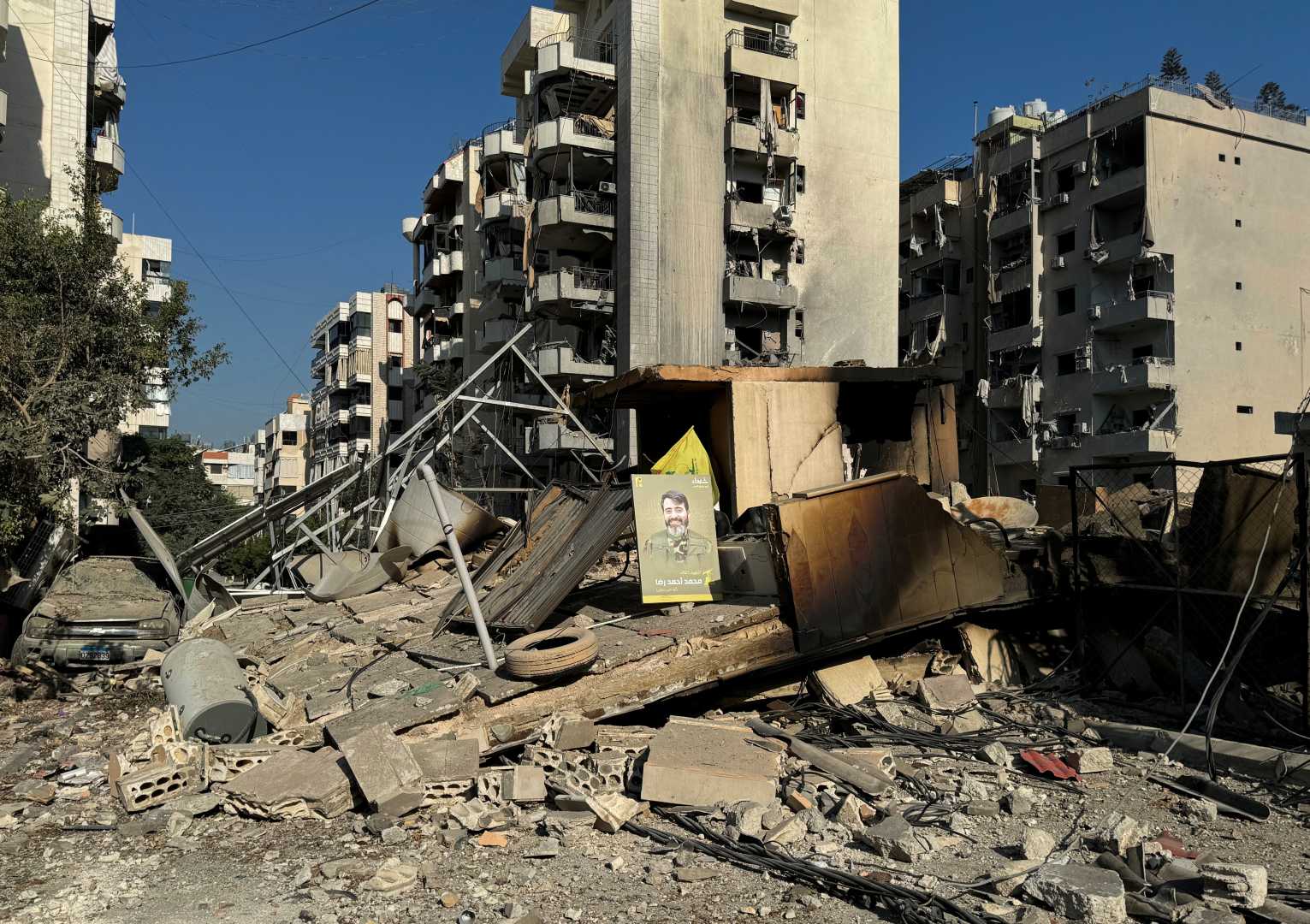News
Israeli Defense Minister Claims Elimination of Hezbollah Successor

In a recent development that could impact the balance of power within Hezbollah, Israeli Defence Minister Yoav Gallant announced the apparent elimination of Hashem Safieddine, the expected successor to the late Hezbollah leader Sayyed Hassan Nasrallah. This potential setback is part of a broader campaign by Israel against the Iran-backed Lebanese group.
Israeli Prime Minister Benjamin Netanyahu supported Gallant’s assertion, highlighting that the Israeli military had weakened Hezbollah considerably. “We’ve degraded Hezbollah’s capabilities,” Netanyahu stated in a pre-recorded video released on Tuesday. He noted the elimination of Nasrallah, as well as his potential successors, though he did not provide specific names.
Meanwhile, Suhail Husseini, a senior Hezbollah commander, was reportedly killed by an Israeli strike in Beirut. The Israeli military held Husseini responsible for logistics and financial management within Hezbollah. However, there was no immediate response from Hezbollah regarding these claims.
Hezbollah’s deputy leader, Naim Qassem, in a televised address, expressed the group’s support for ceasefire efforts in Lebanon. These efforts, led by Speaker of Parliament Nabih Berri, aim to halt ongoing hostilities that have intensified with Israeli ground incursions.
As tensions escalate, the Israeli military announced ground operations in southwest Lebanon, expanding their operational area in response to the ongoing conflict with Hezbollah. This move comes despite international appeals for restraint and the severe humanitarian impact, with Lebanese Public Works Minister Ali Hamie expressing concerns over sovereignty and civilian safety.
Moreover, recent hostilities aimed at Iran have further complicated the regional dynamics. Iranian Foreign Minister Abbas Araqchi warned Israel against further attacks on Iranian assets, vowing retaliation. Iran has engaged diplomatically with Gulf states to ensure their neutrality while accusing Israel of escalating tensions.
This recent turmoil traces back to October 7, 2023, when the conflict reignited following an attack by the Palestinian group Hamas on southern Israel. The past year has seen continued exchanges of fire and mounting casualties, with approximately 2,000 Lebanese reported killed.
Observers remain watchful of the situation, particularly concerning Hezbollah’s future moves in support of Hamas. With many areas of Lebanon suffering infrastructure damage due to the conflict, international organizations have raised alarms over deteriorating conditions, including food insecurity and risk of disease outbreaks among displaced populations.












